Iran has 'no interest in playing with fire', Foreign Ministry spox tells Germany
Iran has dismissed as “hypocritical” German Chancellor Olaf Scholz’s claims about Tehran seeking to destabilize the region.
In remarks on Wednesday, Scholz said Iran's missile attacks on Israel must be condemned in the strongest possible terms, claiming that Iran risked setting the entire region ablaze.
“Sir, Iran has no interest in PLAYING with fire (unlike your proxy)," Iran’s Foreign Ministry spokesman Esmaeil Baghaei said in a post on his X account on Thursday, adding that Iran struggles to put out "the fire YOUR lethal gifts (to Israel) have inflicted upon our region.”
He expressed concern over the German chancellor’s "revealingly hypocritical" warning, stressing that those who are complicit in and justify the Israeli regime’s genocide and war crimes in the region and its breach of international humanitarian law “lack any moral high ground to preach others who are bearing the brunt.”
Iran launched a barrage of missiles towards the Israeli entity’s military, and espionage and intelligence bases all over the occupied territories on October 1 as part of Operation True Promise II.
The operation came in response to the regime’s assassination of senior leaders of the Palestinian and Lebanese Resistance front and a commander of the Islamic Revolution Guards Corps (IRGC). Israel has since vowed to respond.
Referring to the Western-backed former Iraqi dictator Saddam Hussein’s chemical attack on the Iranian city of Sardasht and the Iraqi city of Halabja, the spokesman said Scholz’s remarks also “reopen the old wound inflicted on our flesh and soul by Chemical Weapons #Germany donated to Iraqi tyrant Saddam in 1980s.”
On June 28, 1987, the Saddam regime dropped mustard gas bombs provided by Western countries on Sardasht, a small city in Iran’s West Azarbaijan Province. The attack killed at least 119 Iranian civilians and injured another 8,000, leaving some of them permanently disabled.
Sardasht was the third city after Japan’s Hiroshima and Nagasaki to become the target of weapons of mass destruction.
During the war, which lasted eight years, the Iraqi army continuously employed chemical weapons against Iranian combatants and civilians, leaving tens of thousands dead on the spot and many more suffering for years to come.
On March 16, 1988, Saddam Hussein's regime also used chemical weapons in Halabja, home to Iraqi Kurds, who had sided with Iran in fighting Saddam. According to reports, 5,000 people, mainly women and children, were killed of mustard gas and sarin poisoning, and up to 12,000 died subsequently because of chemical exposure.
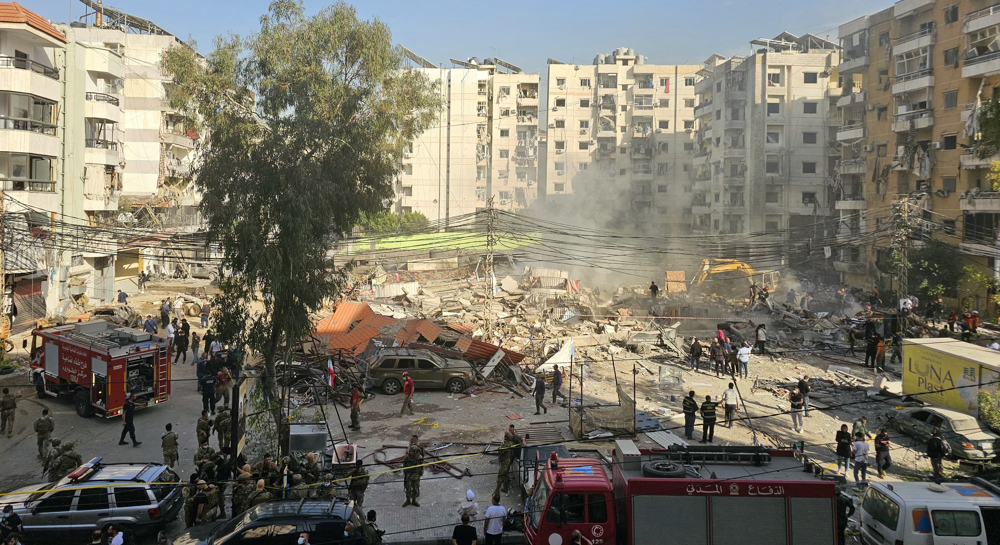
Iran censures Israel’s airstrike on Beirut
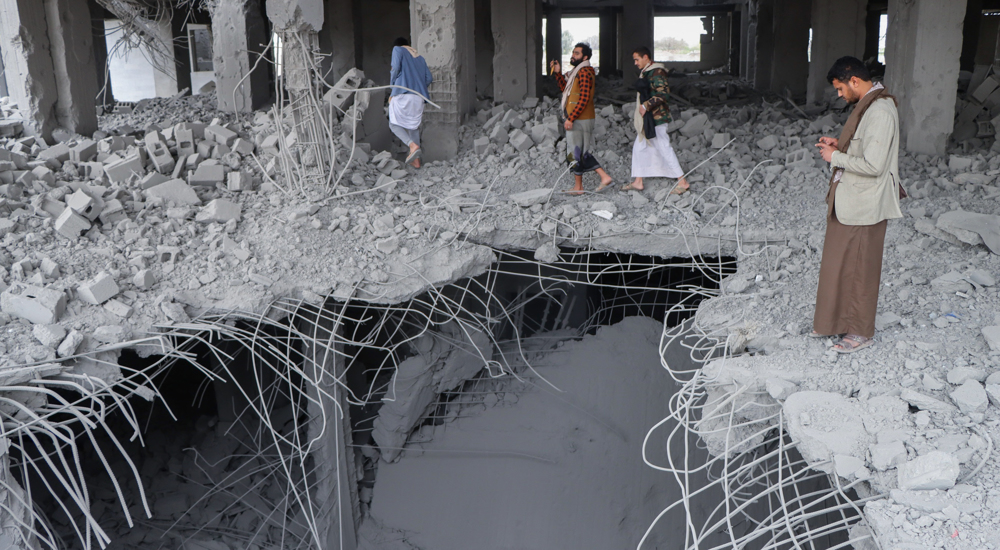
Iran: US military aggression against Yemen ‘clear’ threat to global peace
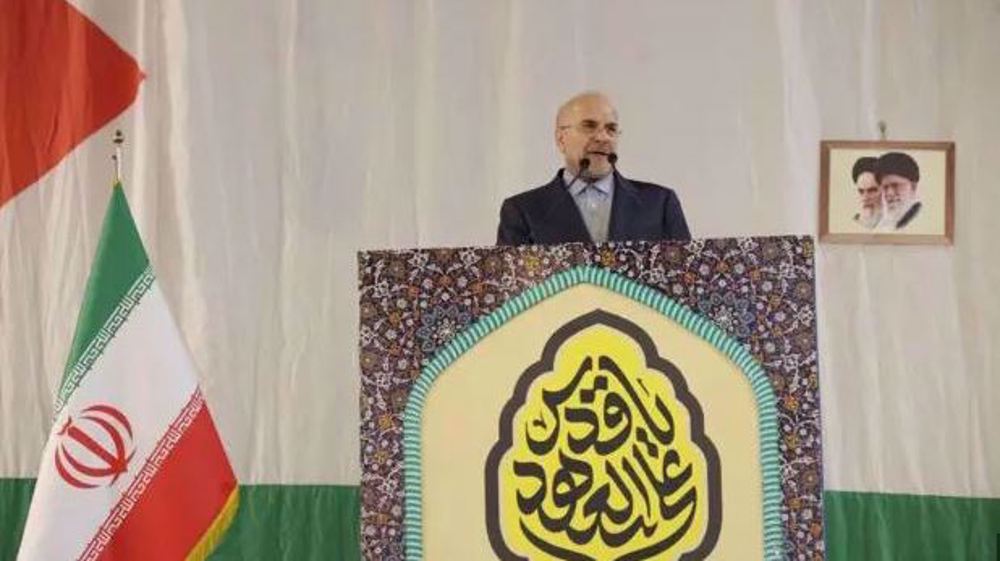
Iran Parliament speaker: Palestine awakenes world's conscience
Trump administration officially shutters USAID after months of cuts
VIDEO | International Quds Day marked in Kashmir with massive rallies
Iran voices readiness to help quake-stricken Myanmar, Thailand
Columbia president quits amid Trump’s crackdown on pro-Palestinian activism
VIDEO | Nigerian forces launch brutal attack on Quds Day rally
VIDEO | Protesters in Damascus condemn Israeli aggressions in Palestine and Syria
VIDEO | Iranians mark Intl. Quds Day with huge rallies in Tehran
VIDEO | Mass Quds Day rally in Sana’a sends defiant message to US and Israel


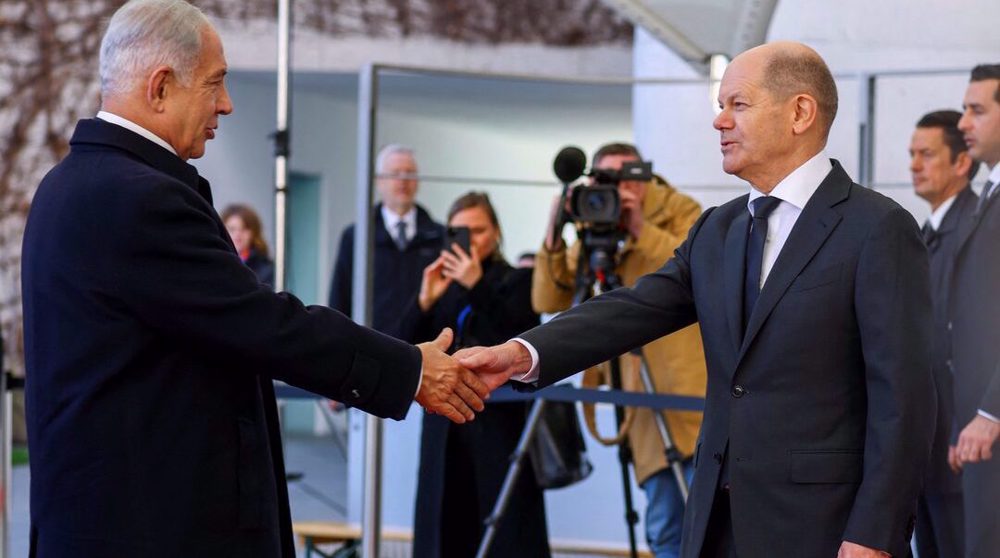
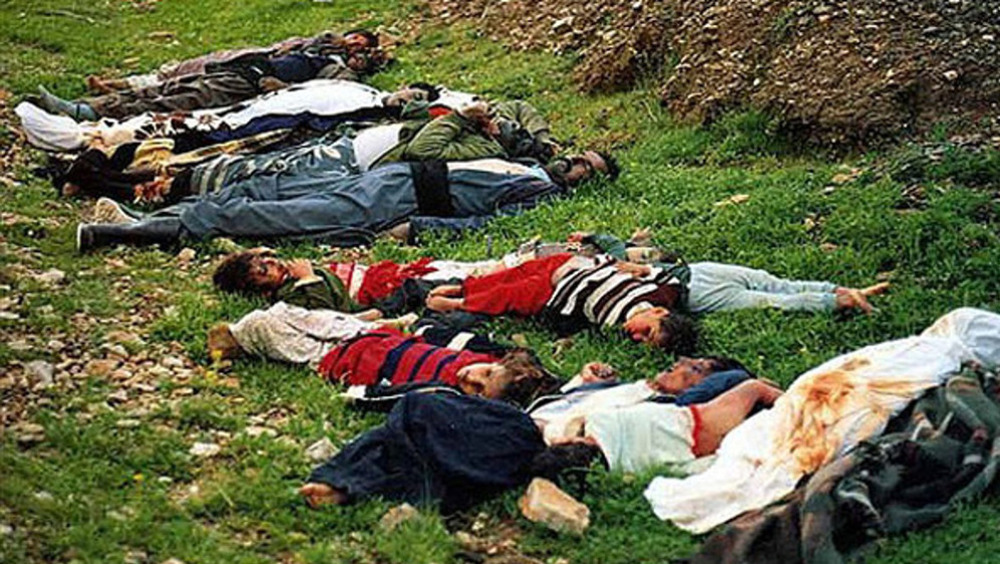




 This makes it easy to access the Press TV website
This makes it easy to access the Press TV website